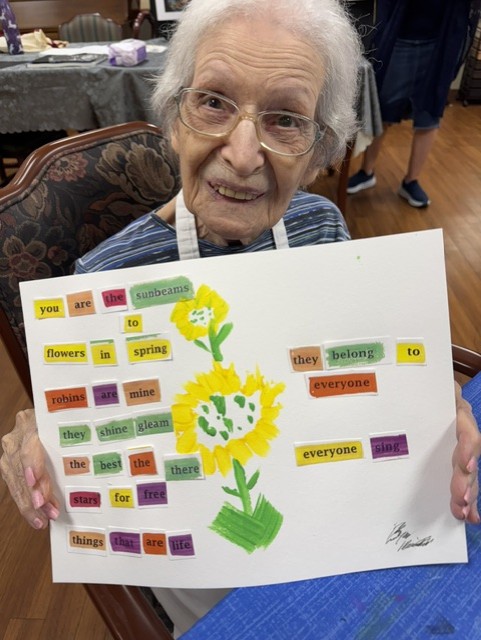There is an assumption in the larger culture that patriotism has one meaning, is expressed in a unified way and is a non-negotiable norm within our culture. Anyone who doesn’t express their patriotism in the current acceptable cultural behaviors is suspected of being unpatriotic. Like everything else, our life experiences and the larger social context in which we live influence our understanding and expression of patriotism. My observations of the differences between myself and my grandmother taught me to pause and listen before jumping to conclusions.
A Different Kind of Patriotism
I was very aware in the 1960s of the larger context that was happening in our country that questioned the actions of the U.S. government. My family talked about what was happening in with the war in Vietnam; we watched the demonstrations that were happening far and wide. Even as a child, I was included in the discussions of the larger issues about race and gender, freedom of speech and the importance of being able to question government decisions and actions.
So, when we would see my paternal grandmother once a year when she visited Ohio from Florida, I was a little embarrassed by the cheap rhinestone red, white and blue flag pin that she wore on her collar. Why was she so patriotic? I saw her pin and assumed she was passively approving of the larger issues.
Listening to Stories
It wasn’t until I was in middle school when I began to more fully understood her own story. Grandma was the ninth baby born to her German immigrant parents. She was only the third of their children to survive to adulthood. Her parents and two older brothers immigrated to the U.S. because her father was, in part, disgruntled with his native government and fled to begin a new life. German was spoken at home, in the communities in which they lived and in the German Reformed Churches he served. As a first generation American, my paternal grandmother struggled between speaking one language, German, with the family, and English everywhere else. She was in her 20s during World War I and her attempt to separate herself from the German language began. She was in her 40s and raising her young son during World War II and needed to distance herself further from the family language and national identity.
She shared the story along the way that she fell in love before she met my grandfather with a young pastor in Canada. She rejected his proposal of marriage because she would not jeopardize her U.S. citizenship. That is how important it was to her.
Her story is not that dissimilar to the millions of other first-generation Americans who work to establish their allegiance and identity with their chosen homeland. Safety. Pride. Belonging. Recognizing that however flawed the new place may be, it beats returning to the place from whence her parents had come and it was the only place that she had called home.
Wearing Allegiance on Her Collar
I came to respect her desire to literally wear her allegiance on her collar, but have never been able to be so blatant in wearing such a direct sign of my own national identity. She died when I was 19 and I hadn’t taken the time to have larger conversations with her to probe into how she reconciled the contradictions and concerns that the actions of the government to which she was so closely bound raised. How did she reconcile the U.S. government’s war in southeast Asia? What did she think about the laws and segregation of people of color? As a woman of deep faith, did she really not have questions of shame in regard to the injustices that “her” country committed? I saw in her wearing of the flag brooch, a sign that she was not going to engage in questions but only give allegiance.
Independence Day
I am reminded in the middle of each summer as the flags appear in anticipation of the celebration of July 4 that I need to listen to the experience and understand the context of each generation of people who have come to call the U.S. home. Perhaps I should not be so quick to judge the flag-waving, flag-wearing behaviors of others as being signs of their unwillingness to address the bigger picture. Instead, perhaps I need to hear the context of their lives and understand a little better the nature of this national identity which was given me because of the choice in part of a grandmother to live and raise her family here. Can our patriotism help us more fully embrace the imperative that it gives me to ask the hard questions and to see the larger picture in order to improve the quality of all of our lives?
And in this particular summer, I remember Grandma Ruth as I hear the reports of the children separated from families who have left their homelands seeking security, safety and opportunity. Will those children ever be able to wear a pin of allegiance to a country that has so radically chosen to alienate them should they be able to raise their own families here in the decades to come?
For a recent report about the situation, please see this story by Ruth’s great-granddaughter, Hannah Ruth.
7/5/18 11:30
View all articles by:






















